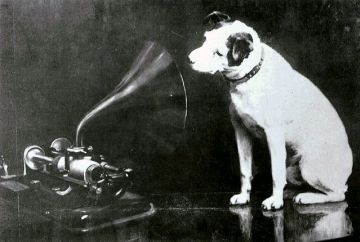 Consumer price inflation was unchanged for the fourth month in the row this January, according to data from the Office for National Statistics, making it the longest period of no change since records began in 1996.
Consumer price inflation was unchanged for the fourth month in the row this January, according to data from the Office for National Statistics, making it the longest period of no change since records began in 1996.
The ONS said a price boost in alcohol and tobacco was the main factor sending prices up, while there were slower rises for clothing and footwear. The latter rose 0.2 percent year on year, and were a 5.4 percent drop compared to the previous month.
Alcohol and tobacco prices were up nearly 10 percent – at 8.5 percent – year on year, and were also up an enormous 4.3 percent from the previous month as Christmas discounts wound up.
For miscellaneous goods and services, prices were down 0.7 percent compared to December.
The ONS’ Phil Gooding told the BBC that there were some other factors worth paying attention to. Utility price rises haven’t entered the index yet, asserting that there will be more to come – which will have an uptick on the figures.
“We also have to watch out for oil prices,” Gooding said. “These have been failling for four or five months but in January they started to rise again”.
Pressure on high street retail could also have a downward effect, Gooding said.
While salaries are largely frozen and unemployment figures are still drastically high, consumers are struggling to buy – which would put money back into the economy. Investec economist Victoria Clarke told the BBC that the “squeeze on real spending power remains very much in place” – but, some recent small increases in employment have put a bandaid on an otherwise worrying problem.





